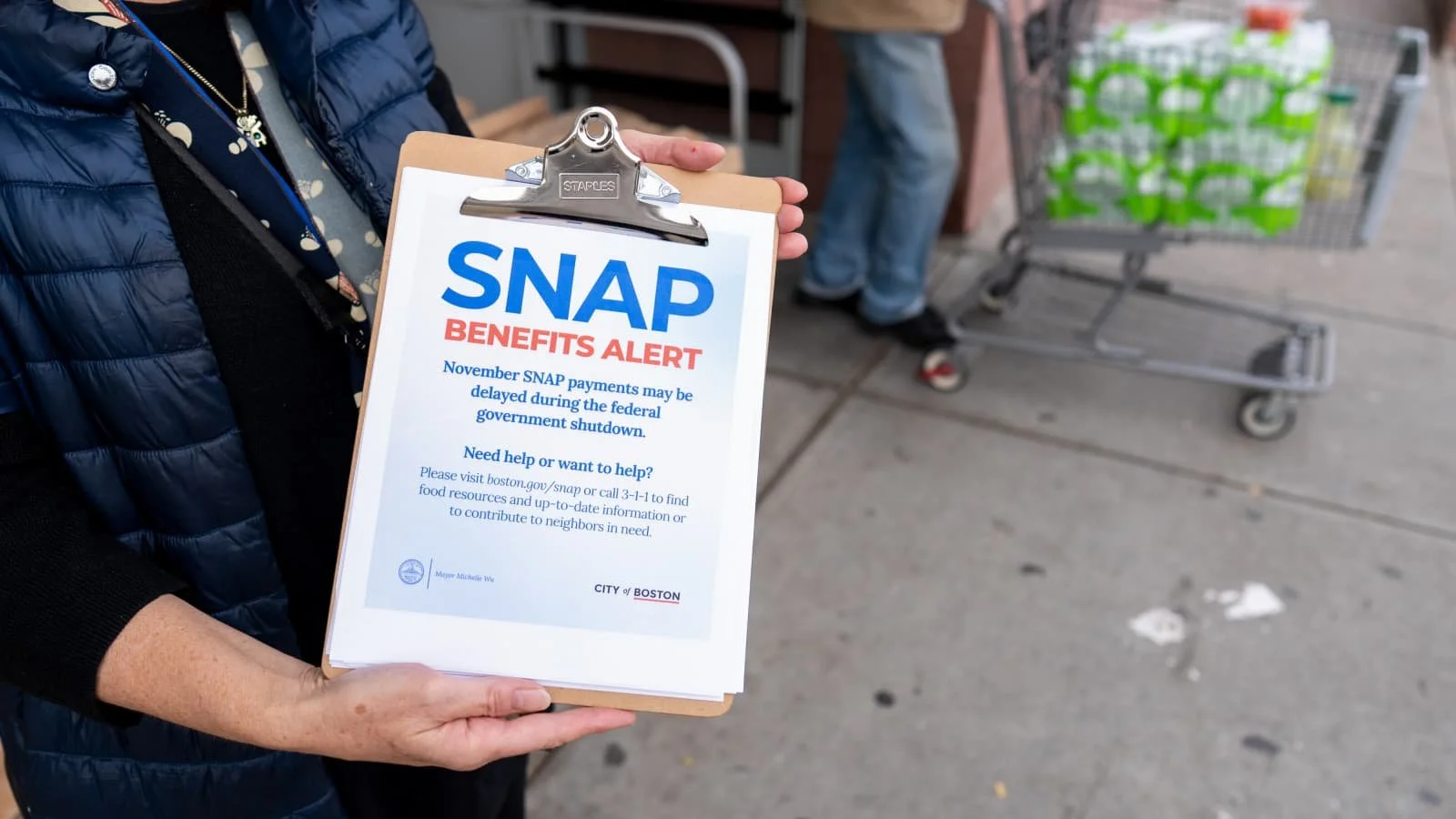The Loss of SNAP: The Impact of Institutions on Mental Health
Woman in black jumpsuit standing against graffiti wall background.
What is SNAP and why does it matter?
Beginning this month, millions of low-income children, families and disabled individuals will be denied their Supplemental Nutrition Assistance Program (SNAP) benefits. Formerly known as food stamps, SNAP provides millions of people in the United States with access to food every month. Those that receive SNAP benefits must meet requirements of work or school and be under certain economic thresholds.
Why does this matter for therapists?
Therapists are called to be agents of change in their communities and make a commitment to activism and advocacy beyond the counseling room. We are taught to understand and recognize the hierarchy of needs in an individual’s life and how these needs not being met can impact a person’s ability to engage in executive functioning and healing.
As we know, the impact of trauma is not always immediately understood. Many marginalized and intersectional individuals have experienced food insecurity and poverty as part of their lived experience. As therapists we must recognize how the impact of institutions; such as our government, education and justice systems - impact the well-being and mental health of our communities.
Impact on Clients, Counselors, & Communities
Marginalized communities will continue to feel these impacts more drastically and quickly then those protected by more privilege. When our society and government punishes those that cannot produce what they deem as enough - they are no longer of use. We can see how this looks when considering lack of housing, corporal punishment for addiction and lack of empathy for domestic abuse survivors. The intention of our government is to create a state of fear by removing rights such as access to food and shelter, when folks live in these extended periods of heightened activation there is an inevitable trauma response that cannot be ignored.
Therapists may see this show up in individual clients as increased anxiety or depression, higher levels of stress and loss of regulation tools. Clients that may not be on SNAP can still be impacted as they may have histories of food insecurity or rising concerns for those they love.
What can counselors do?
Counselors can support clients by:
Stay Curious - Explore the impact of the loss of SNAP with clients
Advocate - Research local governmental policies and places in which you can use your voice
Actions - Create a food pantry in your office, start a donation through your agency or business, research mutual aid groups in your area.
Support - Encourage clients to explore their locus-of-control; what can they control? What is outside of their control?
Case Management - Know your systems. Where else can clients access food if needed?
Check your Biases - Engage in self-reflective practices to understand your own relationship with food, poverty and insecurity
Use these questions to explore your own relationship to this issue, paying attention to any thoughts or sensations that may arise.
Have you ever faced food insecurity?
What do you believe about those that rely on government assistance to meet basic needs?
Why does SNAP matter to mental health?
WHY SNAP MATTERS -
SNAP and other government assistance programs are at risk of being inaccessible for millions of across the country.
The impact of this is systemic trauma alongside the realities of food insecurity, lack of resources and rising fear many communities are facing.
Counselors have an ethical duty to be advocates for their clients beyond the therapy room.
For counselors to truly practice advocacy and activism within our communities we must understand the connections between mental health and our institutions. The issue of SNAP is one that touches on identity, social justice, oppression and human rights. For curious counselors hoping to expand their understanding of systems-based work and it’s connection to liberation counseling; see the link below to schedule a consult to see if we might be a good fit!
Therapy is available for individuals in Colorado.
If you’re like to deepen and expand your skills as a liberation therapist, I offer supervision for pre-licensed therapists in Colorado & consultation for therapists anywhere in the world. Contact me to book a free consult.
About the Author
Nicole Xenos (MA, LPC, PhD, she/they) is a liberation-focused counselor, educator, and supervisor based in Colorado. She specializes in supporting folks with intersectional & marginalized identities, including queer folks, neurodivergent folks, and women of color. Her services include: counseling, supervision, and trainings.
If you’re interested in working with Nicole, click here to book a consultation.



